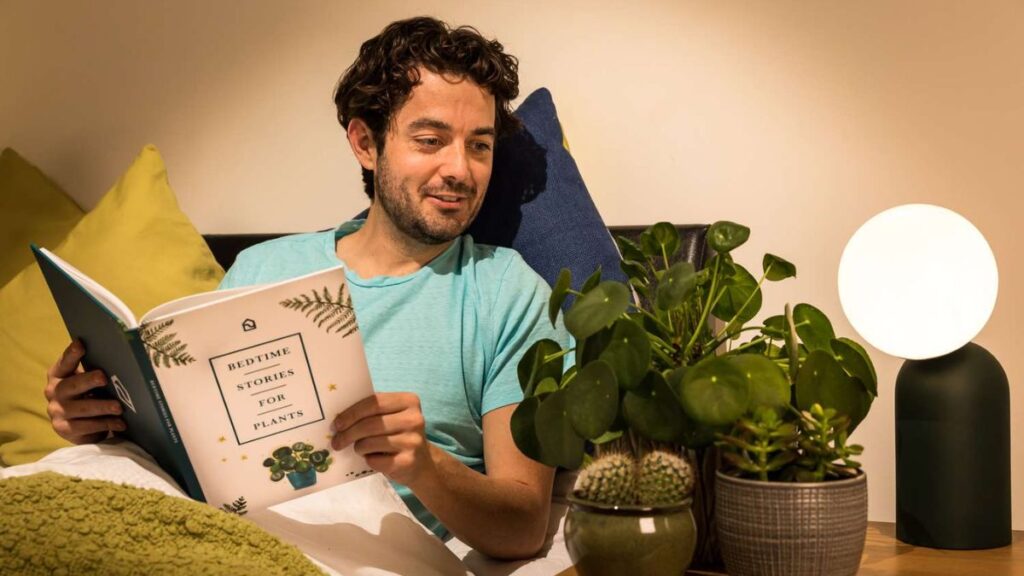Study Reveals 4 Types of Emotional Relationships People Have With Their Indoor Plants

From succulents to monsteras, indoor plants have become a staple in homes and workplaces worldwide. The global indoor plant market is booming, expected to reach over $44 billion by 2031. But beyond aesthetics and air purification, a new study explores the deeper connections people form with their leafy companions—and the findings are fascinating.
The Emotional Bonds We Form With Plants
Researchers at the University of South Australia surveyed 115 Australian adults, uncovering four distinct types of relationships people have with their indoor plants:
- Highly Connected (14%) – These individuals see their plants almost like family, experiencing deep emotional attachment. One participant even admitted to crying over a broken leaf, while another said they bury dead plants in the garden.
- Engaged (42%) – These plant owners enjoy caring for their greenery and feel pride in their growth but don’t form deep emotional bonds.
- Limited Engagement (23%) – They appreciate having plants but spend little time caring for them and feel minimal attachment.
- No Relationship (12%) – These respondents keep plants (often as gifts) but feel no real connection to them.
Why Do We Love Indoor Plants?
Participants cited 11 different benefits, with the most common being:
- Aesthetic appeal (“They soften rooms and add color”)
- Air purification
- Stress relief (“They’re calming to look at”)
- Sense of accomplishment (“Watching them grow is exciting”)
Interestingly, the average participant owned 15 plants, though one enthusiast reported having 500!
Unlocking Nature’s Potential
The study highlights how indoor plants do more than just decorate spaces—they can enhance mental well-being, reduce stress, and even provide companionship. However, researchers note that the data was collected during the COVID-19 pandemic, when people may have relied more on indoor greenery for comfort. Further studies are needed to see if these relationships persist in a post-pandemic world.
As the science of human-nature connections grows, so does our understanding of how even a simple houseplant can profoundly impact our lives.







